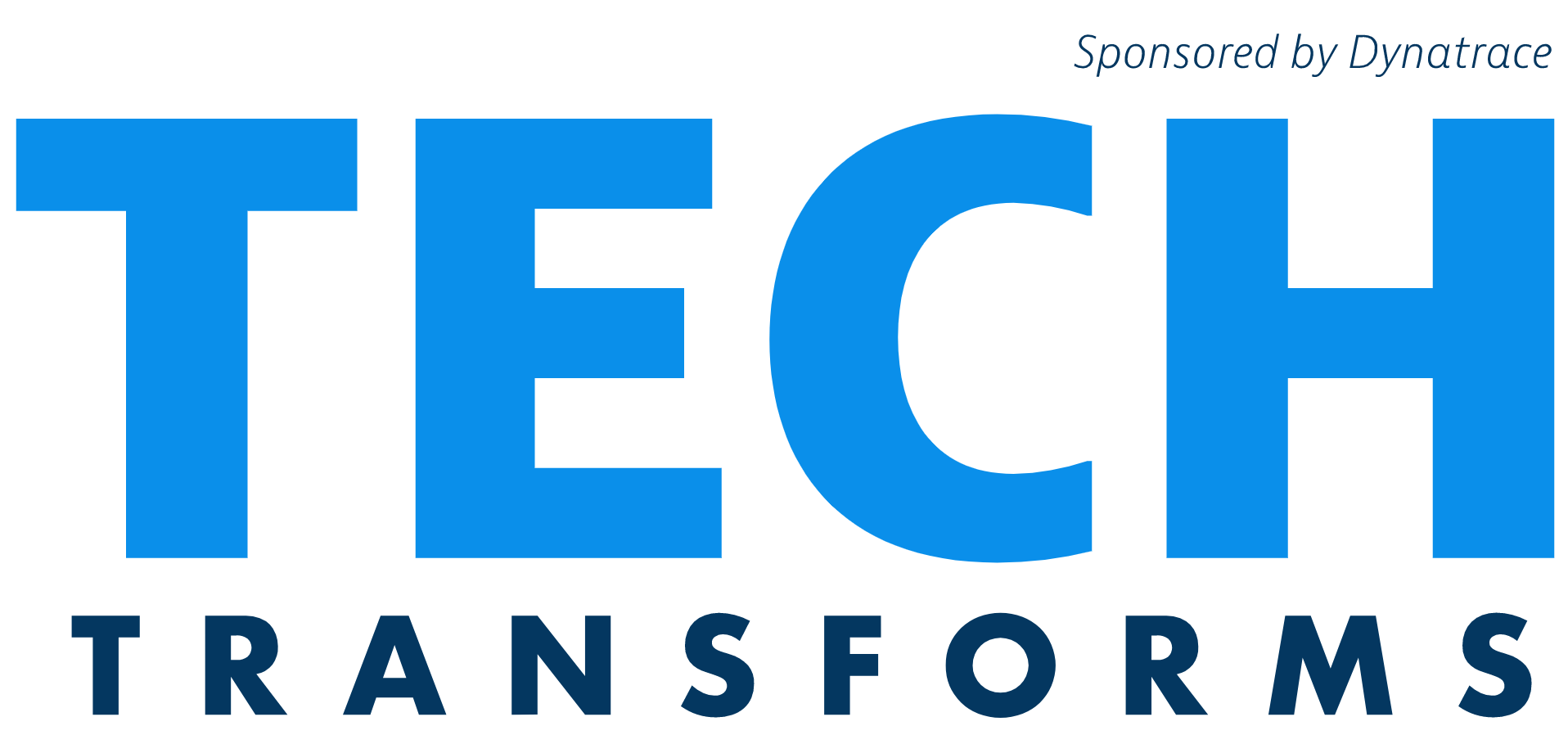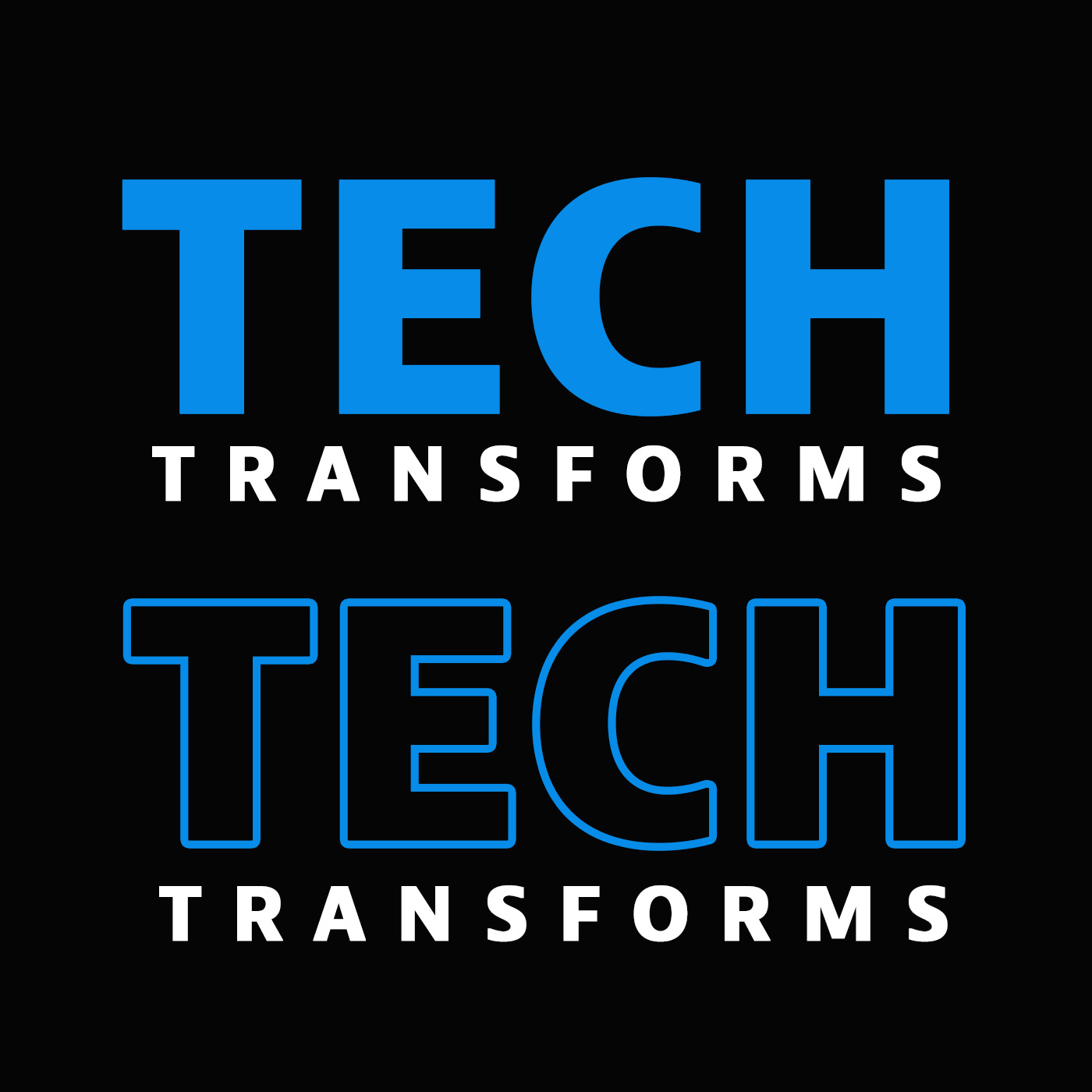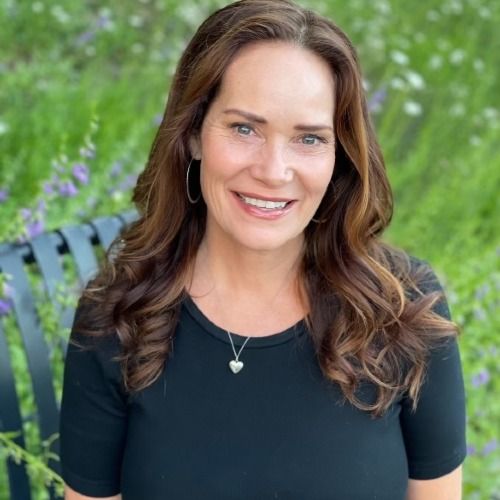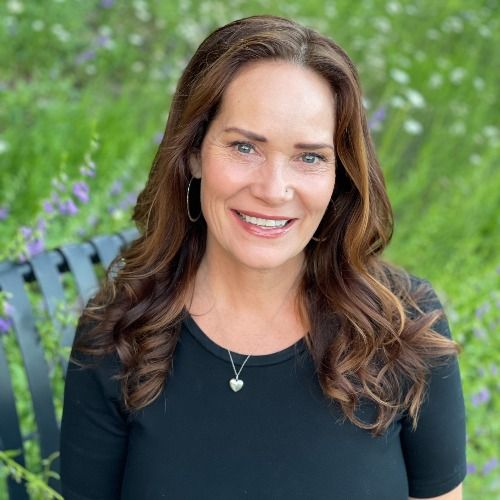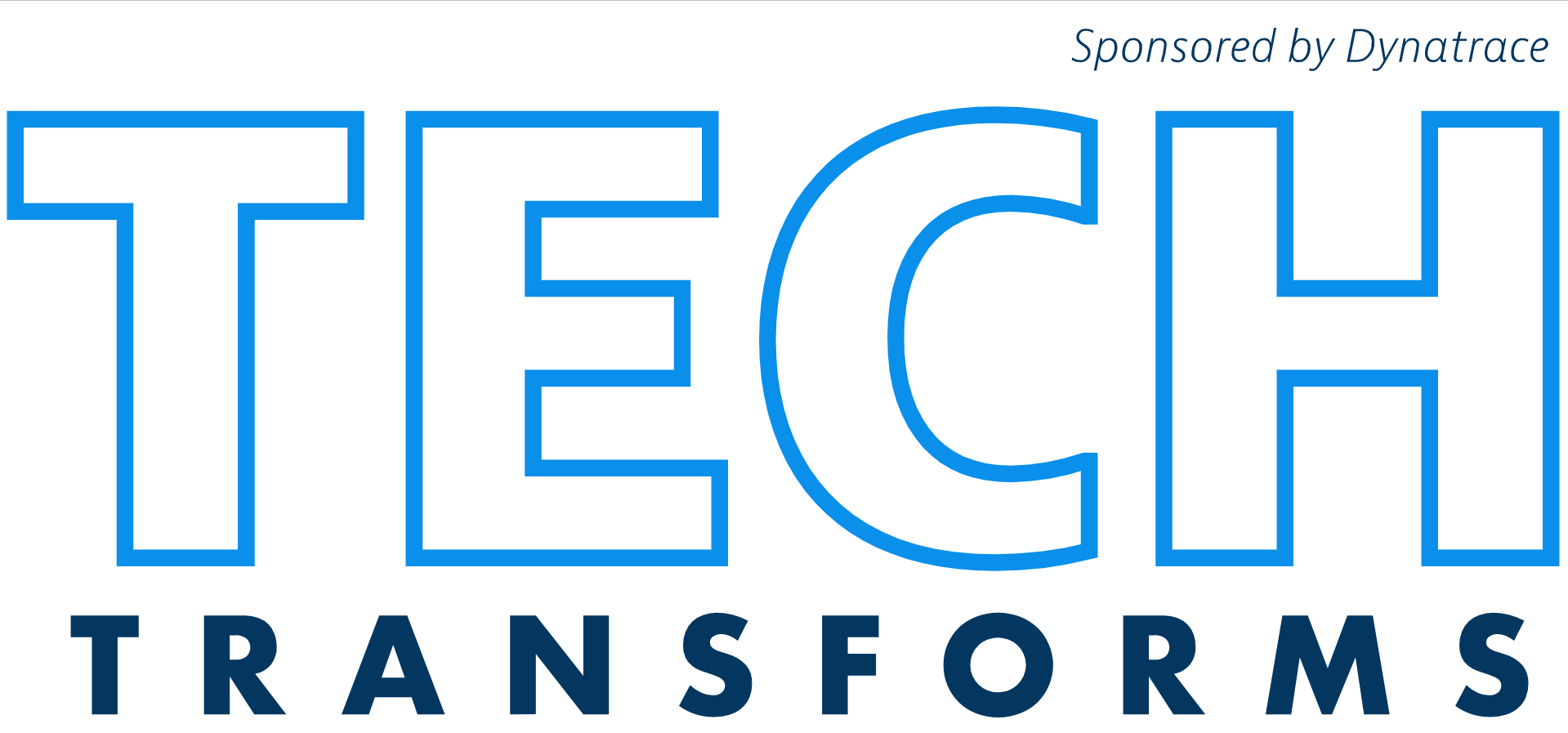Episode 12
Kessel Run: Originally Chartered to Create Culture Change, with Captain Jazmin Furtado US SpaceForce
Find out how the DoD's Kessel Run Office is digitalizing longtime manual processes through AI, taking the military to the next level of its digital transformation. Listen as Captain Jazmin Furtado talks about her experience with Kessel Run, and now Space Force, spreading a culture of data driven communication.
*Disclaimer*
The opinions expressed in this episode are those of Jazmin Furtado, our presenter, and do not necessarily reflect those of the Department of Defense, U.S. Air Force, or U.S. Space Force.
Episode Table of Contents
- [00:40] Captain Jazmin Furtado of the US Space Force
- [11:19] The Important Contribution of Kessel Run
- [19:34] Learning From the Kessel Run Role
Episode Links and Resources
Captain Jazmin Furtado of the US Space Force
Carolyn: Our guest this morning is Captain Jazmin Furtado. She’s a military officer with the US Space Force and a data science and artificial intelligence leader. Before joining the Space Force, Jazmin worked as a military officer for the United States Air Force for over four years.
The information expressed in this episode are those of Jazmin, our presenter. They do not necessarily reflect those of the Department of Defense, US Air Force, or US Space Force.
So Jazmin, talk to us a little bit about your journey. How you started with the Air Force, what you did there and how you ended up with the US Space Force.
Jazmin: I went to the Air Force Academy and graduated there in 2016. The reason I entered was because the challenge was very enticing to me. I like the idea of being challenged, not just academically, but also militarily and physically. There was a big focus on leadership that I think is pretty invaluable. After I graduated from there, I was able to go to MIT and continue with my degree in operations research. I got my master's there.
Afterwards, I am a program manager in the military in the Air Force. That's a little bit of a different background than most program managers have in the military. A lot of times you'll have a management background or an economics background but I had more of a tech background. The military is trying to figure out what to do with me for a little bit.
From a Traditional Program to Kessel Run
Jazmin: After a year of being in a more traditional program management role, I was pulled into Kessel Run. I was there for two years. So I was plopped into that organization just to do AI because I had some sort of background. One thing about this space and you see this in a lot of the organizations like Kessel Run, is that you just figure things out as you go. You're put there with a very vague job description and you just have to figure things out.
So I went in there initially with my operations research cap on knowing stuff about data science, machine learning, and AI. I was like, this is great. Then really quickly realized, that's just the tip of the iceberg in terms of capabilities that are needed to make AI actually applied. You need to put in, invest in the other 90% of the iceberg, which is the data infrastructure and that architecture piece.
I spent a lot of time, the two years I was at Kessel Run, building a data portfolio. It consists of data scientists, software developers, and data engineers to build the things needed for analytics. That was really the goal there. When the Space Force was created, I had the opportunity to move over. I put my name in the hat because I really liked the idea of space.
I've always been inspired by space. I wanted to be an astronaut when I first graduated from high school. I've been very inspired by Star Trek. I have a little Star Trek thing I drew over my desk to remind me of where I came from, Star Trek.
Kessel Run Is a Star Wars Thing
Jazmin: Kessel Run is a Star Wars thing, but I will forgive them for that. But now in the Space Force, I was very excited. It's just such an inspirational place to be. It's like The Next Frontier. And to be able to influence that branch from the start, I thought it was a really great opportunity. The amount of data that we're developing, that we're gathering from space is also very tremendous.
There was really no reason for me to say no. So that's how I got to the Space Force. I've been here for a couple of months. I'm really like a sponge gathering a whole lot of information about our space operations. Yes, I'm really enjoying it so far.
Mark: You talked about Kessel Run where you started out in the Air Force. Many of our listeners probably won't know what that means. Can you describe a little bit about what that is and what Kessel Run actually does? Then we'll talk about Star Wars.
Carolyn: Kessel Run, I know it's a software factory but I don't even really know what that means. I just know the buzzwords.
Jazmin: Software factory is definitely a term that's put out there. Kessel Run is a software development organization within the Air Force that develops software for airmen. So it's code, it's applications that are built by and coded by government, civilians, military, contractors. It's all government-owned. We own all the applications, we own our own data. Kessel Run doesn't just create the code for the applications, they also build the platform that those applications reside on.
What Gives Kessel Run the Ability to Deploy Applications
Jazmin: They are responsible for the different environments, the development environment, and the production environment for these applications. The pipelines to deploy these applications to production, they are responsible for the security behind all these. It's a lot. It is that same analogy with the iceberg, the applications are really the tip of it. A lot of the Kessel Run's offerings come from its platform. That platform is what's given Kessel Run the ability to deploy their applications continuously. It's very iterative.
Mark: Is this for military applications and things like that or across the whole spectrum?
Carolyn: Or just on the Air Force? Is there anything on the Kessel Run platform that is not developed by the Air Force? Are there industry applications or code or is it all homegrown?
Jazmin: The core of Kessel Run is really homegrown. It's building applications for airmen. So airmen such as schedulers for their famous tanker planning scheduling tool. Where you have tankers that need to be scheduled to be flown for different missions. There's an application that takes that previously manual process of scheduling these aircraft. Putting it to the cloud and making it available and for multiple people to collaborate on the same application.
That's a really powerful tool. Tools like that, applications like that that are making the current manual processes digital. Creating digital parody to a lot of things that are done manually right now. It's helping schedulers. We have analysts with people like maintainers, pilots, those airmen. Kessel Run's platform, like the All Domain Common Platform, is used for other applications as well. It is not its core functionality because that's really for the Kessel Run's applications.
Space Force Kobayashi Maru
Jazmin: But there are other groups that are government entities that are utilizing it to deploy some of their applications as well. I know Space Force Kobayashi Maru is another "software factory" for lack of a better term here. It uses that platform to deploy its products. Their applications are more space-specific, so space operators, satellite operators.
Mark: It seems that Kessel Run has set themselves up to operate and go to market so to speak as a commercial organization. They have a CEO and a CFO. Is that by design or is that a cultural thing?
Jazmin: It definitely is designed to be more of a disrupter in the space to introduce a new way of acquiring software. Kessel Run is an acquisitions program office. So they're acquiring software, just happens to be one that they're building themselves. Kessel Run's put together because there is a thought that we can do software acquisition better, faster. We don't have to follow this waterfall method.
As a result of the idea that we need to go fast, that created the startup mentality, flat organization. That's where these concepts from industry have been brought into the startup world, and have been brought into the government space. That is how you're seeing the different roles or the parallel roles that you don't see traditionally in military units.
Carolyn: It almost sounds like Kessel Run was born out of the need for culture change. Like the acquisitions process is a painful process antiquated. You're telling me that Kessel Run turned that on its head? Did it work?
Mark: It did work.
The Important Contribution of Kessel Run
Jazmin: It should work. I don't know if you could say that at the end of day. It is a process. It's going to take a lot to create change. The most important thing that Kessel Run has contributed is that cultural piece. The fact that we need to value ideas over rank in acquisitions. I'm very much a proponent of that. We can no longer afford to have people at a table and only listen to the highest-ranking officers.
Because we have people with relevant experiences that are coming through the ranks that may be are actually more relevant in some cases than people that have come from different backgrounds than those that have made it to higher ranks in the military and now are overseeing a unit that may not be something that they are used to commanding. It's not a field that they're well versed in.
We need to be able to listen to all the voices in the room. That's something that I have really appreciated and I've really thrived in the military. Having that experience at Kessel Run, I've been very fortunate to have that as a military experience. I know that's not the same for everyone. The goodness that has been created in Kessel Run needs to be replicated elsewhere.
That cultural shift, that's really where the value proposition in Kessel Run comes from. It’s this lighthouse in a sense of another way of doing things, creating the documentation, the processes. Improving that out so that other units can start to adopt, at least in piecemeal, these different things that make up that Kessel Run culture.
The Old Ways of Doing Things
Carolyn: Is there an effort to do that right now, to share this? The wisdom of the many is coming to the table here with Kessel Run. Then the next piece of that, it's hard to share something like that. To get it to take in other places, especially where we're so entrenched in the old ways of doing things. Is there a committee, a group that's tasked with sharing these ideas?
Jazmin: I'm not sure if it's a committee. The military already has sort of a natural way of sharing knowledge. Its officers and its military members are moving every few years from base to base. That's how a lot of goodness has been spread. A lot of the upcoming hubs, these innovation hubs, a lot of its members have come from places like Kessel Run. Kobayashi Maru for example on the Space Force side was really started and put together by a core crew of ex-Kessel Run members.
We see the same thing over in Colorado Springs with Space CAMP. Even Platform One, AF Works, Space Works, all these innovation groups. What I've seen recently in my own professional development is that there's two tracks you can go down now. There's like the more traditional track where you're a military member. You have knowledge of a lot of things but you're really a master of none.
There's also this new track that's forming that's a digital transformation track. They try to keep these people that have these experiences in these hubs. Keep them in the space so that they can share that goodness, that digital transformation goodness to other units.
AI’s Role in the Space Force
Carolyn: Speaking of the digital transformation, I want to shift gears towards AI. There's a lot of talk around it. We just had a big report that came out. I'm wondering how important it is, what role it's playing in the Space Force.
Jazmin: It's been talked about a lot. A lot of senior leaders, especially in the Space Force, are talking about how we need to leverage innovation. We need to leverage technology like artificial intelligence and we need to take this opportunity in developing a new branch. Really just becoming the digital leader of the military. That's really something that the Space Force has embodied and just a message they're putting out. It's very exciting.
There is so much potential for artificial intelligence in the Space Force. Think of all of the data that we're gathering on a regular basis, every second from all of our space assets. That's a lot of information. Being able to harness the power of that in starting a new branch is not like turning a new link. It's what really puts the Space Force in a really great position. We don't need to adopt the things that were already status quo from the Air Force. We can start over again, we can start fresh.
That jumpstart is a really powerful thing. Not a lot of branches can say that, "Starting August, or whatever this month, this day, we are now looking at everything with fresh new eyes. Looking at everything from soup to nuts with fresh eyes." Not a lot of branches get that. That's one of the reasons why I joined the Space Force, because of opportunity.
Creating a Digital Parody
Jazmin: Artificial intelligence in the Space Force is going to play a similar role that it does in many other industries. It’s creating more automated and augmented ways of doing things. Creating this digital parody to what may be done manually right now. How do we make our operators' jobs easier?
With the proliferation, with the increase of space assets that we are now seeing, our operators are getting inundated with things they can't keep up. How do we make their jobs easier through automation? That's really where the power of AI is going to come in.
Mark: A lot of people think of the Air Force as one of the leaders in the digital transformation or technology. They're in front of the other branches of the military being innovators. It's exciting to hear your thoughts about the Space Force and where they're going with that.
Carolyn: Is the Space Force part of the Air Force? Is it its own branch?
Jazmin: The Space Force is the newest branch, but it's falling under the Air Force. The same way that the Marines fall under the Navy, that's how the Space Force is falling under the Air Force. The Space Force really just was previous space units within the Air Force. They just rebranded them to be Space Force units now. Eventually, we'll grow into additional units that didn't previously fall under the Air Force.
Mark: You've only been in the Space Force for a short while. You talk about the collaboration of Kessel Run on the Air Force side. Bringing together the industry and the government, all these different pieces and parts to collaborate. How have you seen that happen in the Space Force, the bringing of the industry and the government together?
Learning From the Kessel Run Role
Jazmin: The Air Force has been doing this, all the services have been doing this well. We're continuing to try to increase our collaborations with industry. I've actually participated in the fellowship with industry. I was with SpaceX for three months where I worked with them. It’s because I needed to learn in this Kessel Run role that I was in and how to create a data portfolio.
I had no formal experience in being a system architect and understanding what role data folks need to play in the organization. So I went to SpaceX to learn how they approach artificial intelligence, what support they have to oversee these types of capabilities, and just overall to get an idea of how their organization culturally approaches data and artificial intelligence. So I gained a lot from that experience.
There's a lot of those smaller-scale collaborations where military members are learning from industry and bringing that back. Upskilling our own workforce to learn what is the most cutting edge or what's the newest to do or way to do things. Or just to see another perspective, see another point of view, just to see what another possibility may be to run things. Those are really beneficial. We have defense ventures, education with industry, those sorts of things.
But from an industry to government, more from a capability application perspective, that's always been so tricky. That's the topic that's constantly brought up. It's so difficult for some small companies to make their way into the government. That's something that we're going to continue to try to better that relationship. There's that whole valley of death where we need to invest in these smaller companies.
Give Them a Shot of Kessel Run
Jazmin: Give them a shot because these non-traditional companies are how we're getting these cutting-edge technologies. But we do need to make these processes more transparent. It's not just to the companies. The companies will do their due diligence of figuring out how they need to make their way and utilizing those resources. I've definitely seen that being leveraged quite often by industry.
What I think we need to spend more time on is in educating our military members and our government members on that process. Not everyone is aware. If someone were to go and approach them, be like, "My technology may be valuable for your use case," most people don't know where to point them or where they are in the process. A lot of members don't know the direction of phase one, phase two, phase three.
Depending on where you are, you may not need to. You're an operator or you're not an acquisition. But there needs to be more education around that. A better guidance given to military members on how to help these companies navigate the DoD. It's such a vague organization, it's impossible to navigate. The more people that know about the process, the higher probability of success of the company being able to find a valid user.
Carolyn: We've got tech talk questions. Our last few questions are just pretty quick answers. Tell me what inspires you now. We know you're a Treky. I would love to know what you are watching or reading about in the Treky realm. Just in general too, what inspires you? What do you do for your downtime fun or inspires you for work?
Squid Game
Jazmin: What's all the rage now is Squid Game. I don't know if you've watched that.
Carolyn: I've just heard about that.
Mark: It'll freak you out. I'm watching it now and it's intense.
Carolyn: I heard about the premise and I was like, "No. I'm sticking with Ted Lasso."
Mark: You know why? It's not Ted Lasso.
Jazmin: So Squid Game, it was very stimulating.
